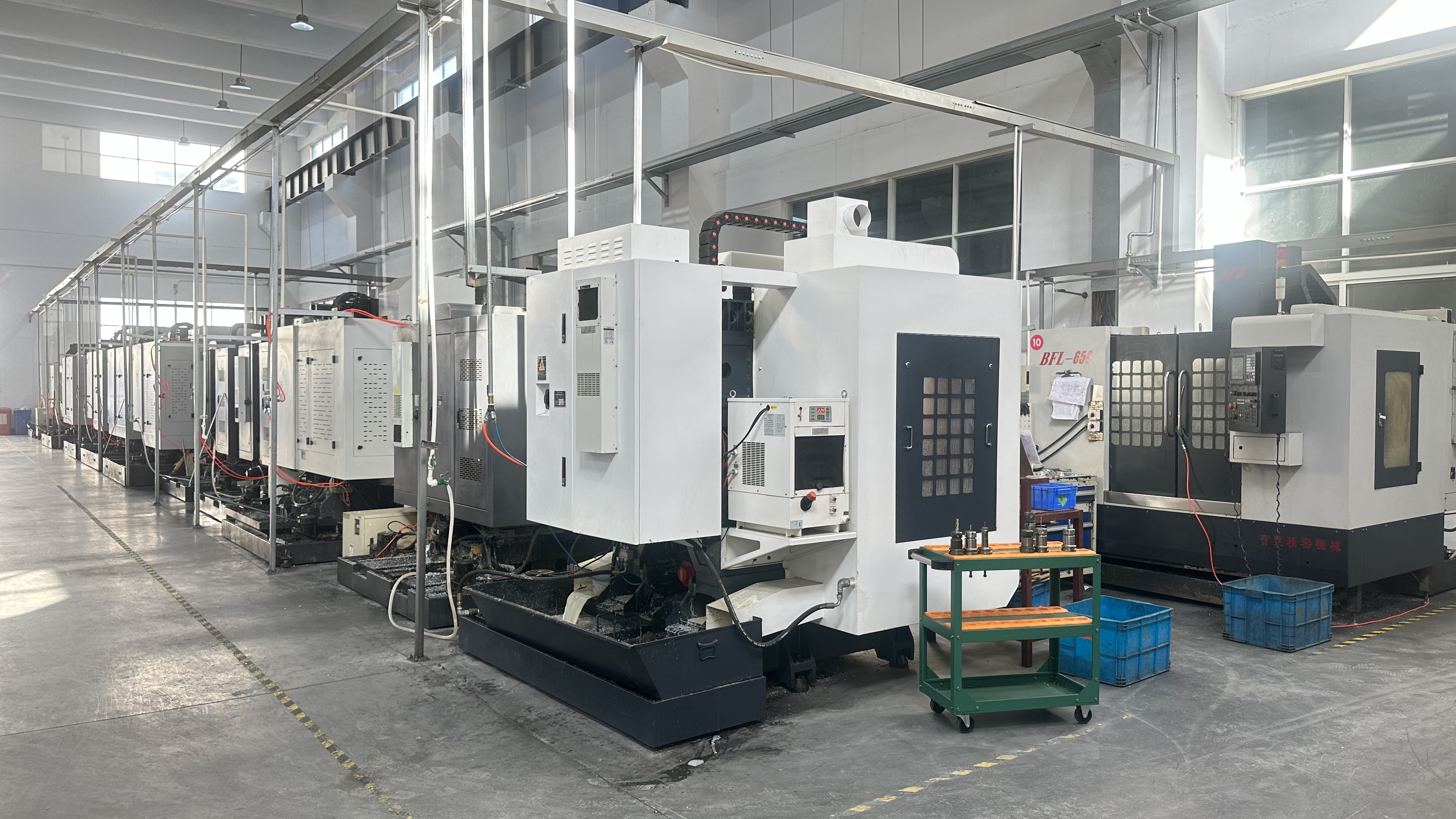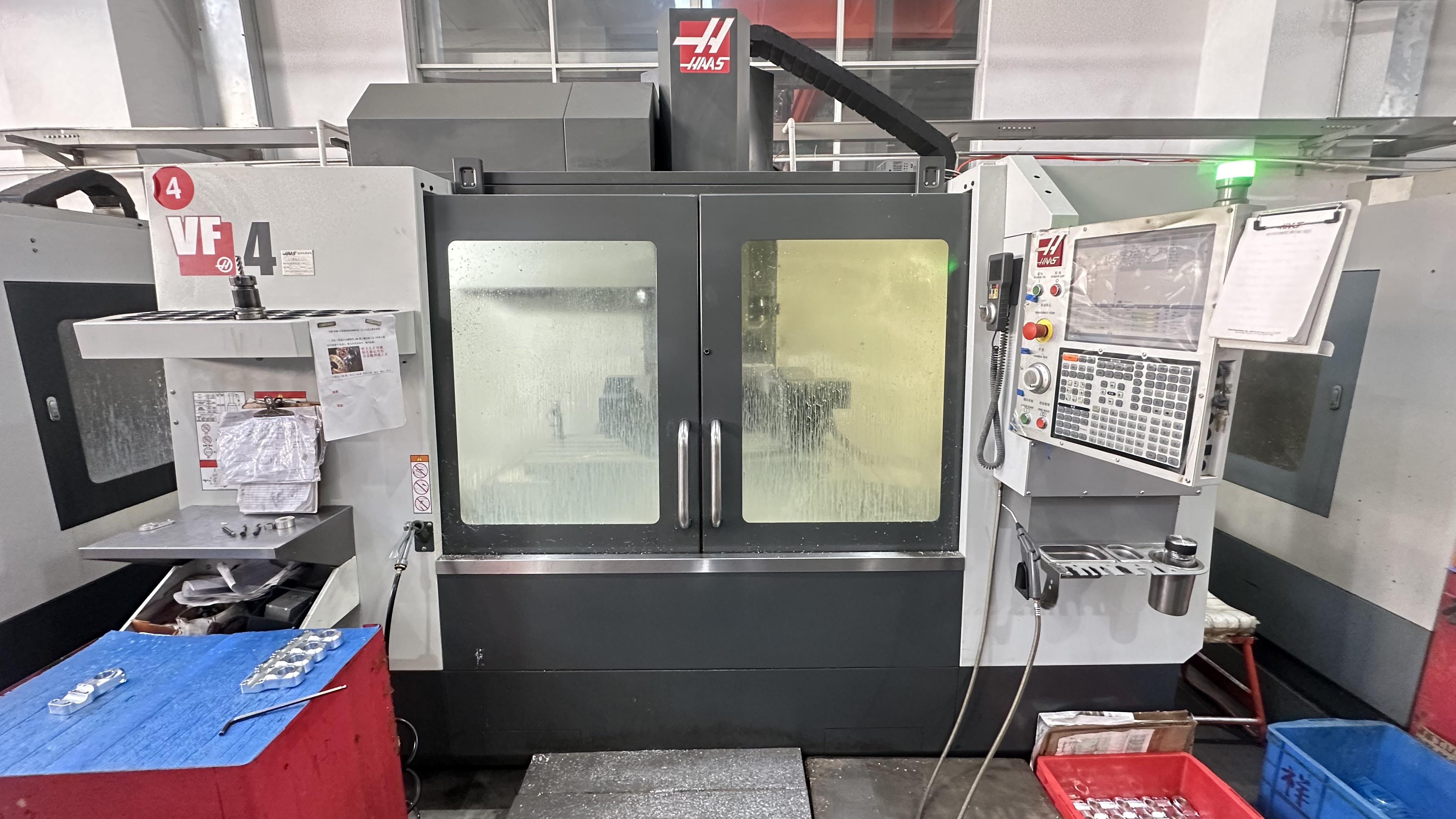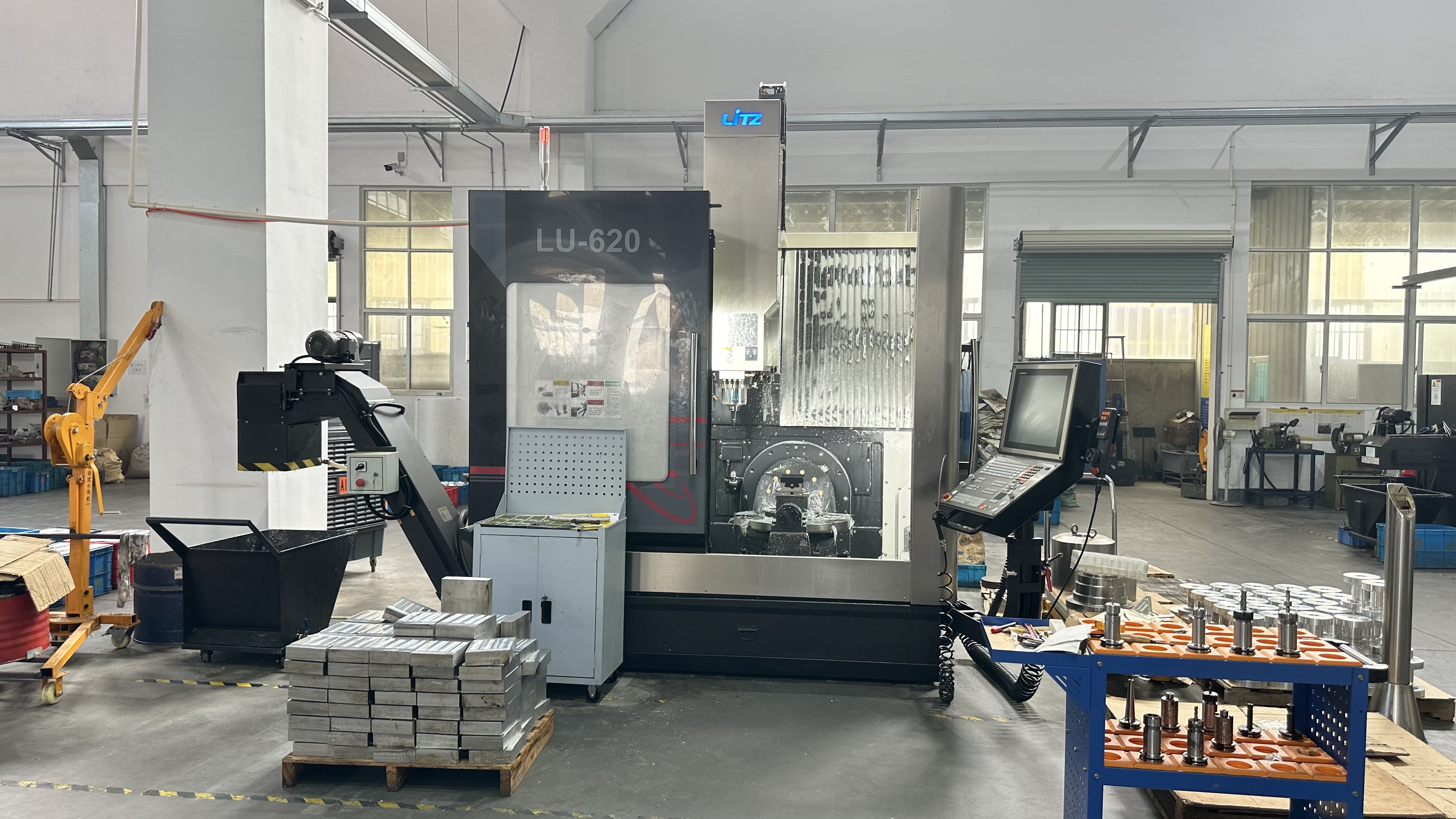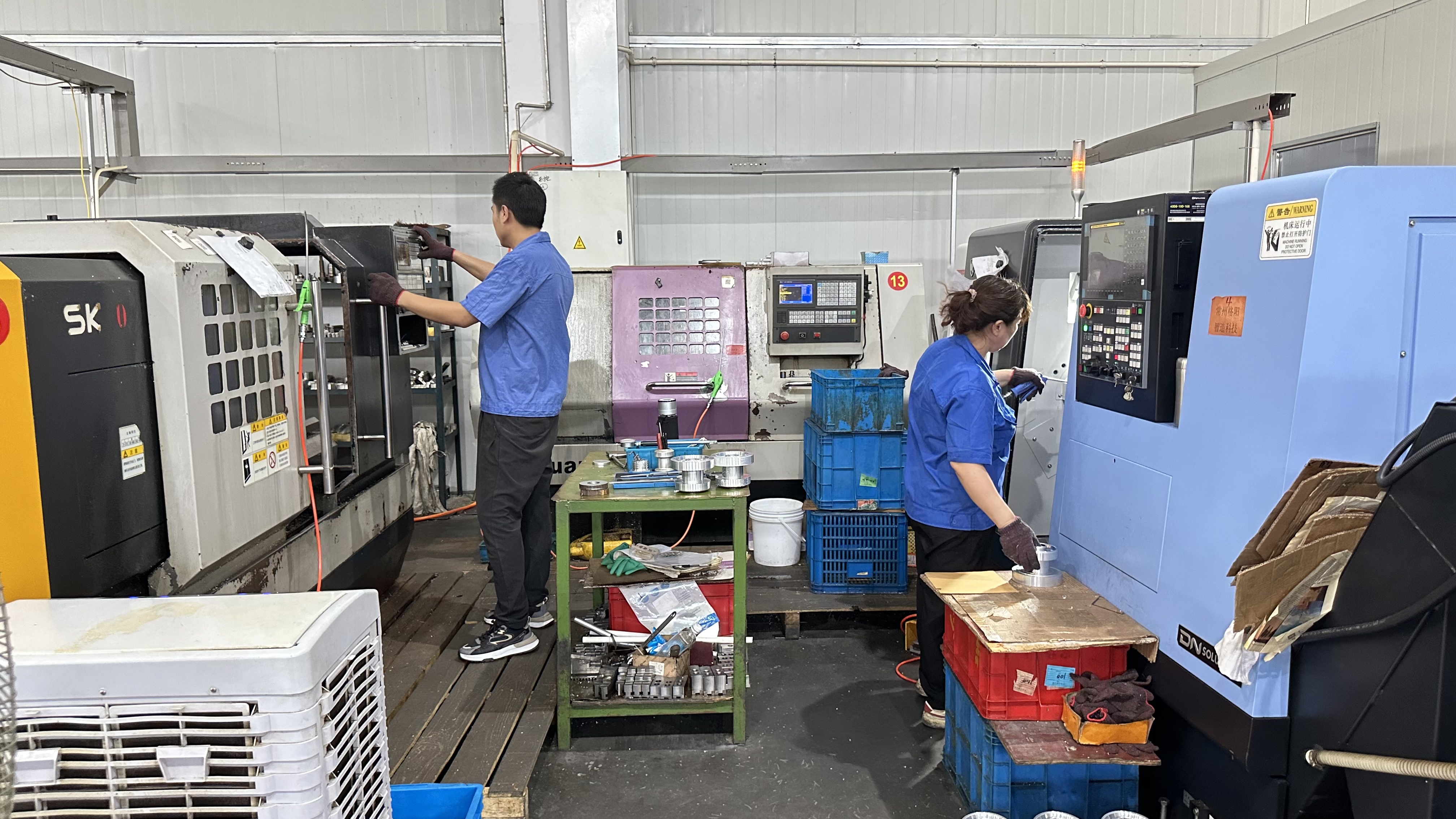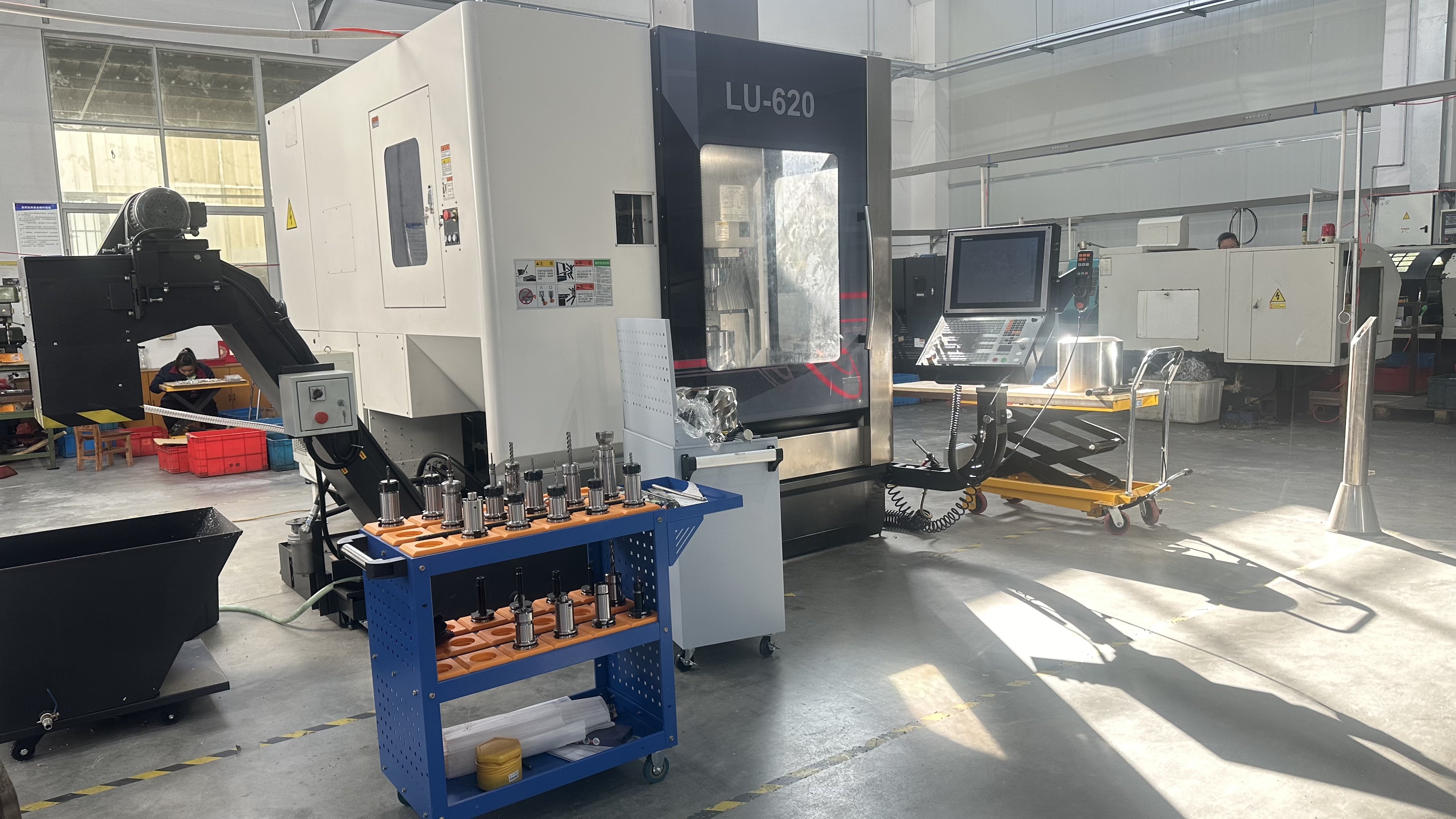Go Kart Engine Mount: Robust Foundation for Engine Performance
The Go Kart Engine Mount is a critical component designed to securely attach the engine to the kart chassis, ensuring stability, alignment, and efficient power transfer. Crafted from high-quality materials like aluminum or steel, this mount—available in flat, angled, or adjustable designs—provides a solid base that withstands vibration and torque. Offered in sizes to fit engines like Predator 212cc, Honda GX200, or Rotax Max, and chassis from brands like Tony Kart, Manco, and CRG, it’s an essential upgrade for racers, mechanics, and DIY builders. Whether you’re racing on a sprint track or building a custom kart, the Go Kart Engine Mount delivers durability, versatility, and precise fitment for optimal performance.
What Is a Go Kart Engine Mount?
A Go Kart Engine Mount is a bracket or plate that bolts or welds to the kart chassis, providing a stable platform to mount the engine. Typically made from steel for strength or aluminum for lightweight racing, it features pre-drilled holes (e.g., 3-1/8” x 6-3/8” bolt pattern) or slots for engine alignment, often with clamps for chassis tubes (28mm-32mm). It ensures the engine aligns with the drivetrain, as noted by KartPartsDepot and GoPowerSports, maintaining chain tension and reducing stress on components.
Why Use a Go Kart Engine Mount?
Engine mounts are vital for securing the engine against vibration and torque, preventing misalignment that could damage the drivetrain or chassis. They allow racers to optimize engine position for chain or belt tension, a benefit emphasized by QRC Karts and KartFab, while offering builders a reliable, adjustable base for custom setups. Their robust design enhances safety and performance, making them indispensable for both competitive and recreational karting.
Designed for Strength and Compatibility
Our Go Kart Engine Mounts are engineered to fit a range of chassis and engines, with options in flat, 5°, 15°, or flip-style designs to clear tires or adjust weight distribution. Available in zinc-plated steel or anodized aluminum, they include mounting hardware (e.g., M8 bolts) and support brands like OTK, Yerf-Dog, and Briggs LO206, ensuring a secure, adaptable foundation for karting excellence, as seen in REV Performance Materials and KartStore-USA offerings.
Key Features of the Go Kart Engine Mount
The Go Kart Engine Mount combines durability, adjustability, and practical design, making it a cornerstone of kart performance. Here’s what sets it apart.
Durable Steel or Aluminum Construction
Made from Grade 8 steel or 6061 T6 aluminum, these mounts offer tailored strength: steel mounts (e.g., GoPowerSports’ flat mount) provide tensile strength up to 150,000 PSI for rugged use, while aluminum versions (e.g., KartStore-USA’s Tony Kart mount) weigh 1-2 pounds with 45,000 PSI, ideal for racing, per e-rigging.com and QRC Karts’ specs, ensuring reliability under stress.
Adjustable or Angled Configurations
Available in flat, 5°, 15°, or flip-style designs (e.g., KartPartsDepot’s international rail mount), they allow engine positioning to clear tires or adjust chain tension. Sliding mounts (e.g., REV’s 4T 8° sliding mount) offer fore-aft adjustments, while angled options (e.g., Amazon’s 15° mount) optimize weight distribution, enhancing handling, as noted by KartFab.
Pre-Drilled or Slotted Mounting Holes
Featuring bolt patterns like 3-1/8” x 6-3/8” or 102mm x 80mm (e.g., Top Kart USA’s IAME mount), with slots for alignment, these mounts simplify engine installation. They use M8 or 5/16-18 bolts, tightened to 15-20 ft-lbs, ensuring a secure fit, as per Comet Kart Sales and GoKartSupply, supporting easy setup and maintenance.
Corrosion-Resistant Finishes
Offered with zinc plating, chrome coating, or anodized finishes (e.g., black, silver), these mounts protect against rust and wear from moisture, salt, or debris. Stainless steel options (e.g., DynoCams’ mounts) further resist corrosion, extending lifespan to over 1,000 hours in wet conditions, per e-rigging.com, ideal for outdoor or coastal tracks.
Applications of the Go Kart Engine Mount
The Go Kart Engine Mount’s robustness and adaptability make it suitable for a variety of karting scenarios, from competitive racing to custom builds.
Competitive Kart Racing
In sprint, oval, or endurance racing, the mount secures engines like Rotax Max or IAME X30 on chassis from OTK or Tony Kart, ensuring drivetrain alignment under high RPMs. Adjustable or angled designs optimize chain tension and weight balance for track conditions, a performance edge noted by REV Performance Materials and Point Karting, enhancing speed and handling.
Recreational and Club Karting
For club racers or backyard drivers with Predator 212cc or Honda GX200 engines, the mount provides a stable base on Manco or Yerf-Dog chassis, reducing vibration for casual rides. Its durable construction ensures longevity with minimal upkeep, ideal for family karts or rentals, as recommended by GoPowerSports’ catalog.
Custom Builds and Specialty Karts
DIY builders use the mount for bespoke karts or retrofits (e.g., drift trikes per BMI Karts), with flip or sliding designs accommodating unique engine placements. Its pre-drilled slots and clamps support aftermarket setups, simplifying assembly for creative projects, as seen in KartFab’s installation guide.
Off-Road and Rugged Conditions
In off-road or dusty environments, the mount’s steel or anodized finishes withstand impacts and debris, securing engines on rough trails. It supports karts like American Sportworks models, ensuring drivetrain stability in high-stress conditions, as noted by Comet Kart Sales’ rugged parts.
Technical Specifications and Installation Guide
To ensure optimal performance, understanding the Go Kart Engine Mount’s specifications and proper installation is key. Here’s a detailed breakdown.
Size and Compatibility
Our mounts fit axle chassis tubes of 28mm to 32mm or direct engine mounting, with bolt patterns like 3-1/8” x 6-3/8” or 102mm x 80mm (e.g., KartStore-USA’s Tony Kart mount). They support engines from 150cc to 300cc, using M8 or 5/16-18 bolts, compatible with chassis from CRG, Margay, and Hammerhead, per Point Karting’s specs.
Material Strength and Durability
Steel mounts offer tensile strength up to 150,000 PSI, lasting 800-1,200 hours under heavy use, while aluminum (6061 T6) provides 45,000 PSI and 500-700 hours, with anodized finishes extending wet-condition life to over 1,000 hours, per e-rigging.com’s data. Both resist vibration and corrosion, ensuring reliable engine support.
Step-by-Step Installation
Preparation: Measure chassis tube diameter (e.g., 30mm) and engine bolt pattern (e.g., 3-1/8” x 6-3/8”). Gather the mount, M8 bolts, and tools (e.g., 13mm wrench, hex key).
Positioning: Align the mount on the chassis, clamping to tubes (e.g., 1-1/4” rails per Amazon) or marking for welding. Ensure engine slots allow forward adjustment for chain tension, per KartFab.
Securing: Bolt the mount to the chassis with M8 bolts (15-20 ft-lbs) or tack weld corners, then mount the engine, tightening bolts to 15-20 ft-lbs in a crisscross pattern. For welds, complete after test-fitting, per GoKartSupply.
Final Check: Spin the clutch to confirm alignment with the sprocket (e.g., straight-edge check per KartFab). Test at idle to verify stability and chain tension (1/4” slack), adjusting if needed.
Maintenance Tips
Inspect mounts for cracks, corrosion, or loose bolts after wet or high-torque runs, cleaning with a soft brush and mild solvent. Re-tighten bolts after 50 hours and replace if bent or stripped, typically after 700-1,200 hours depending on material and use. Store in a dry place to prevent rust.




















